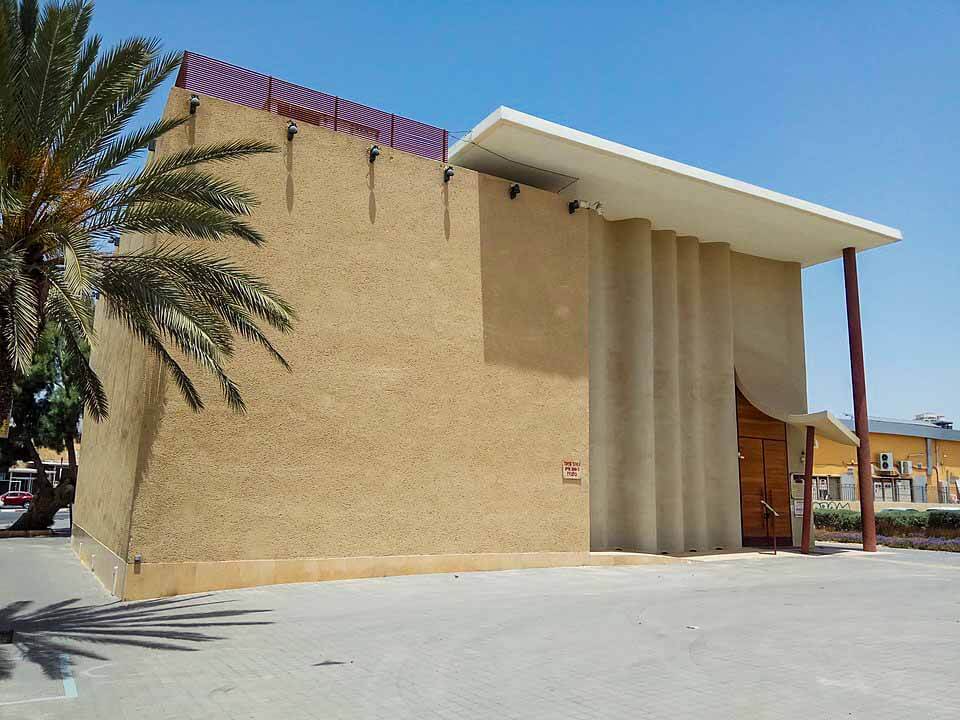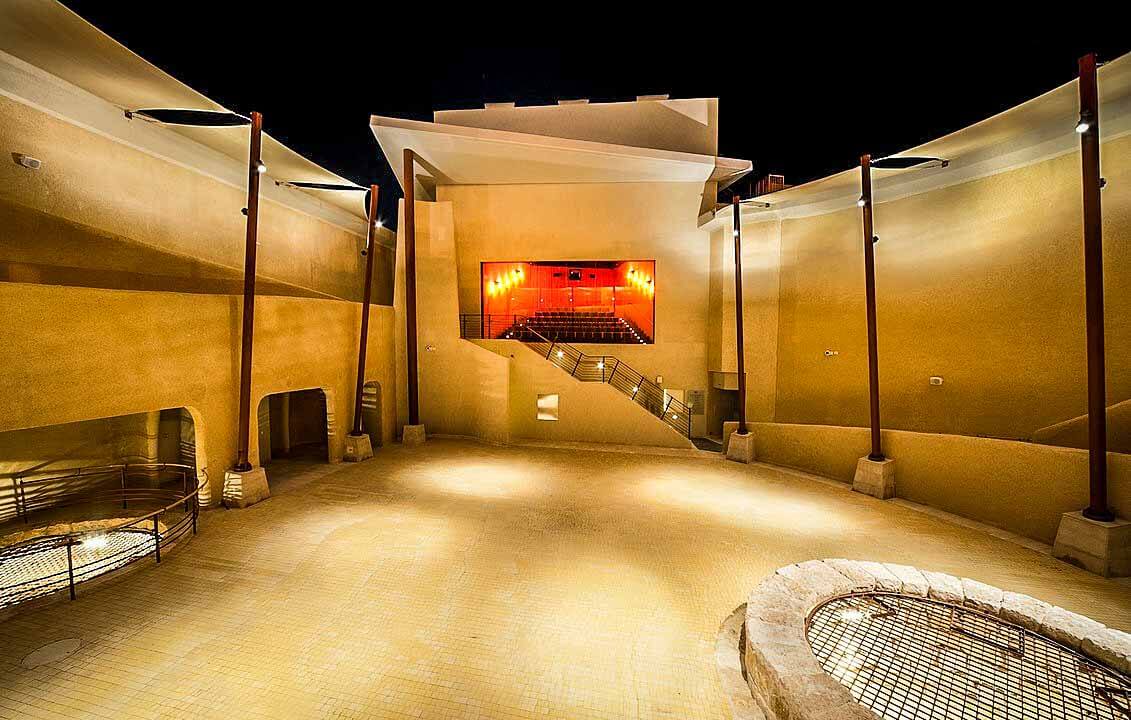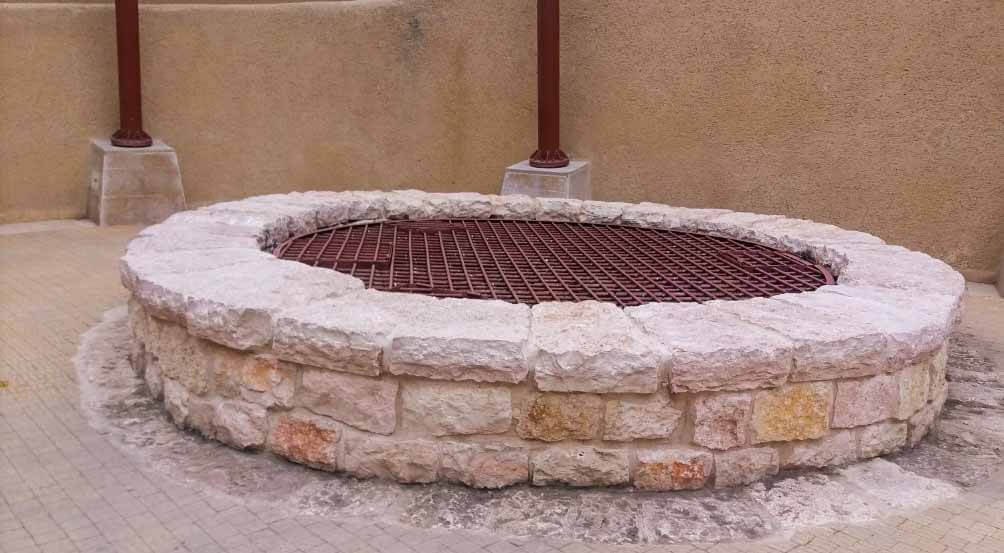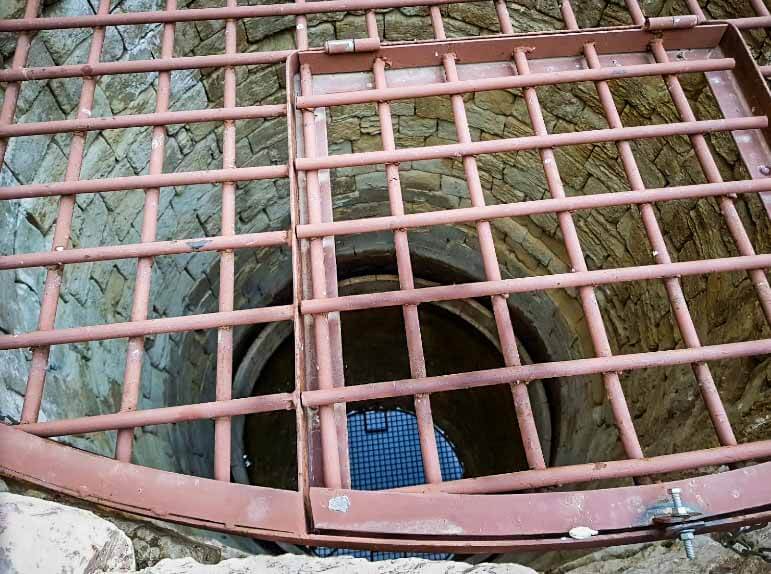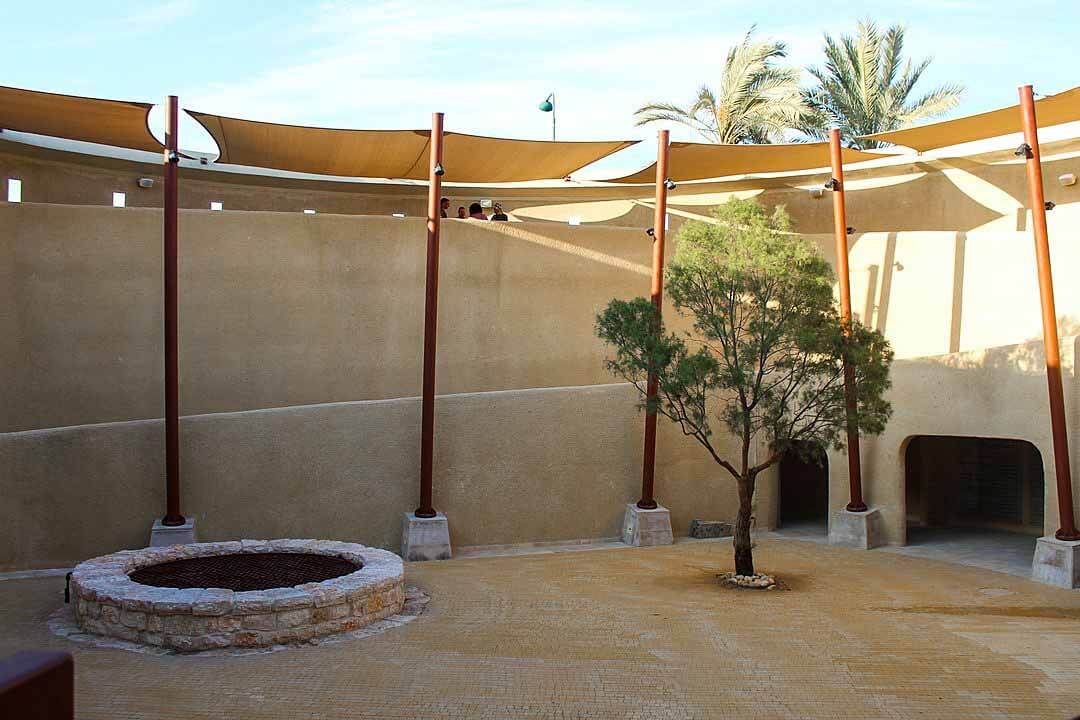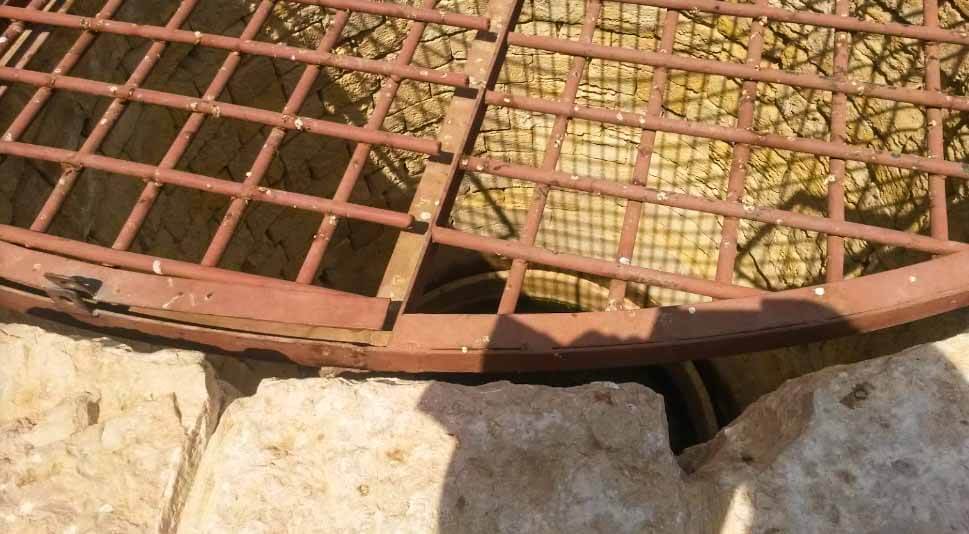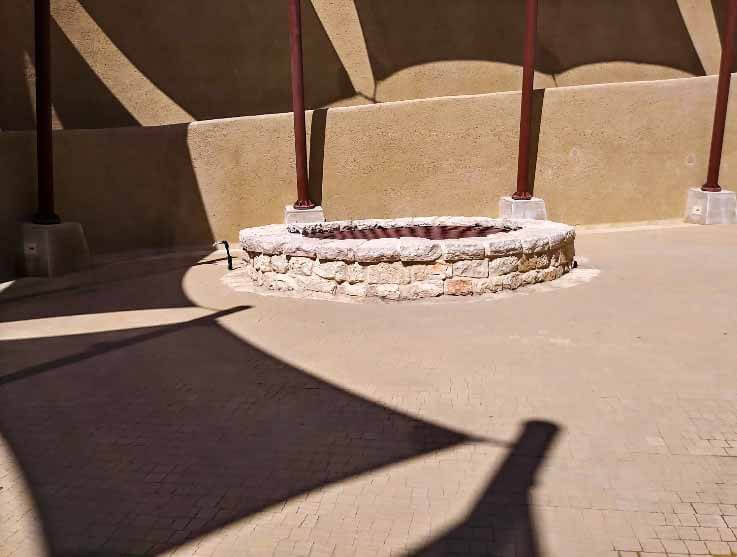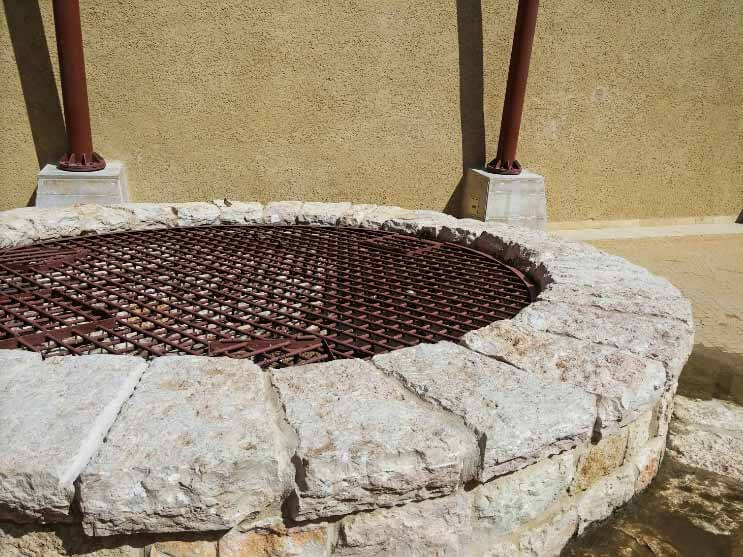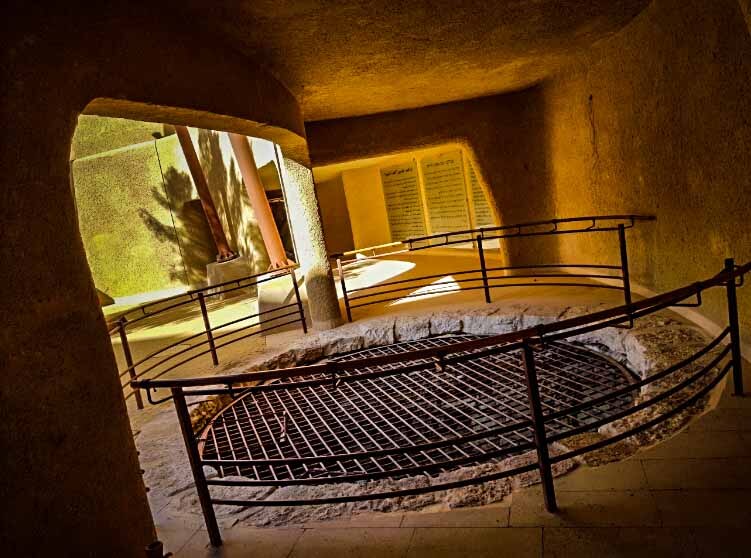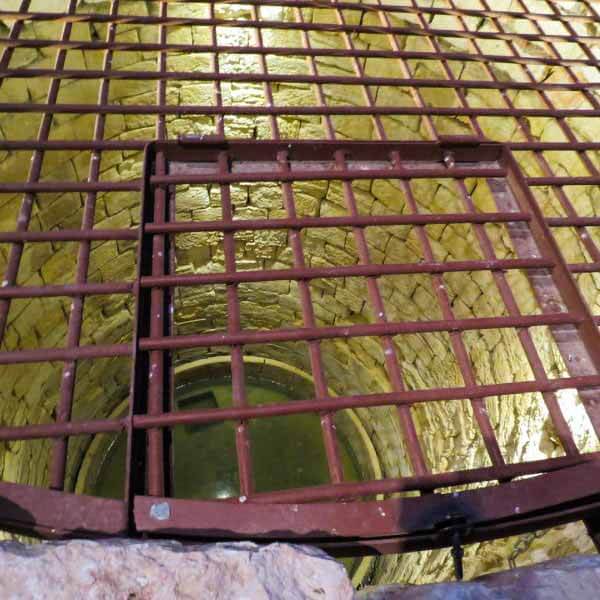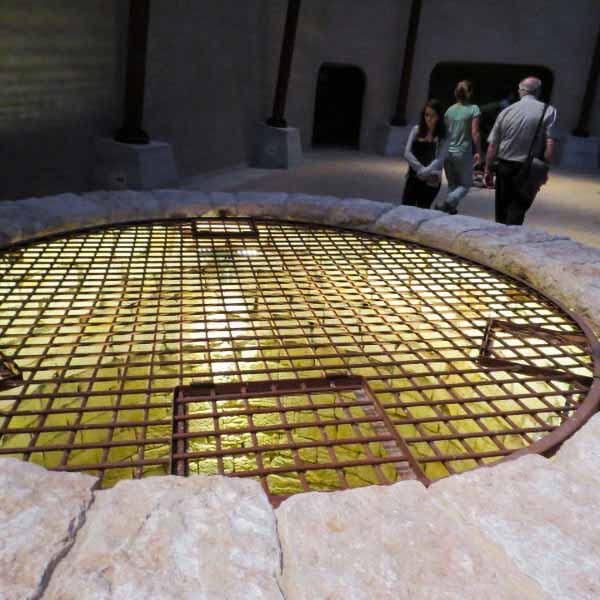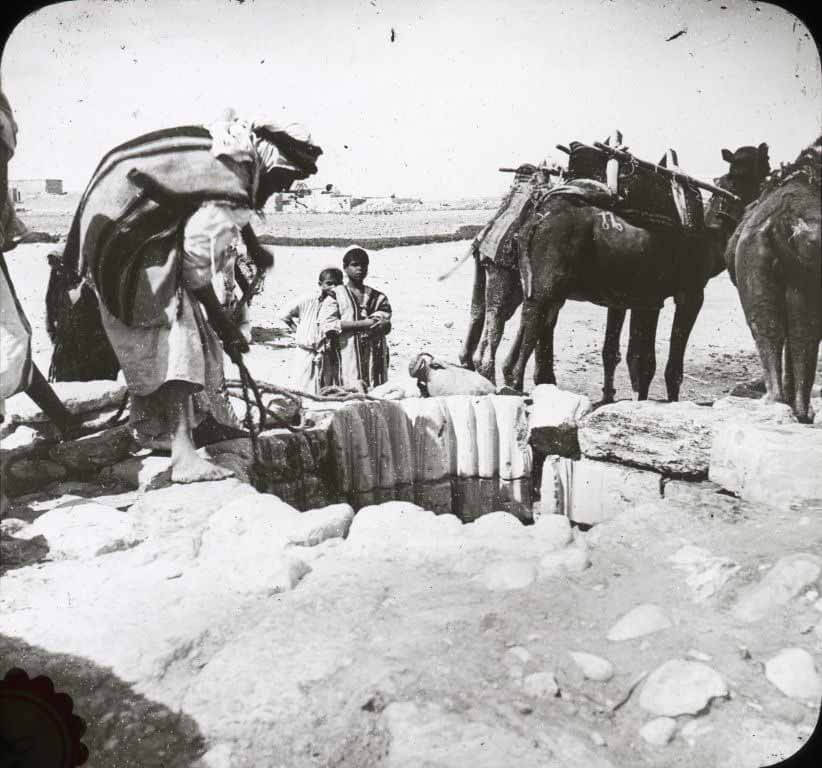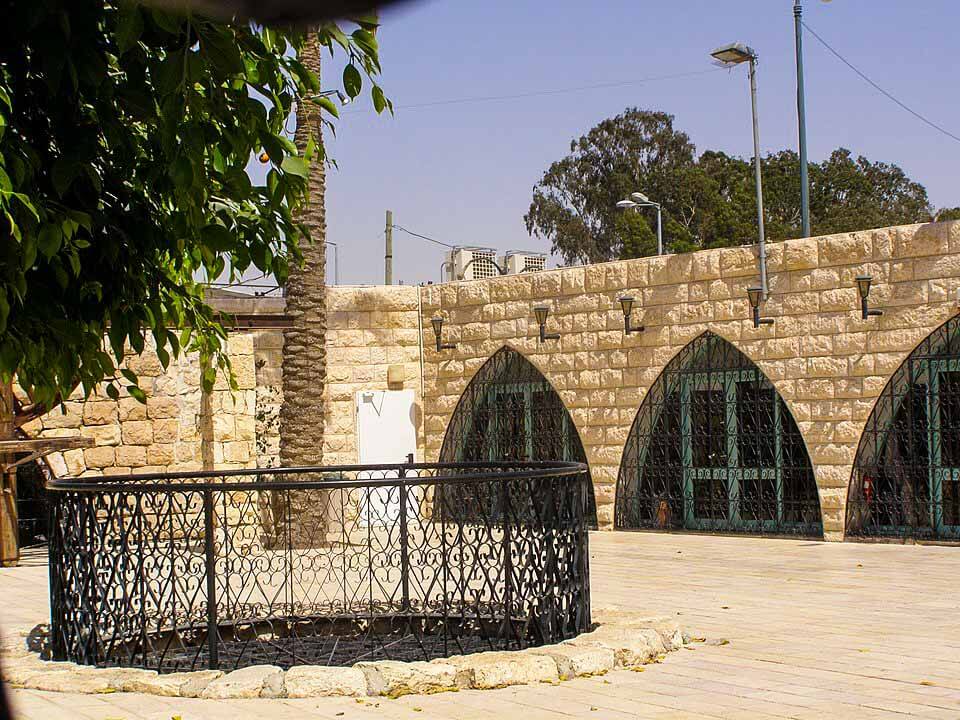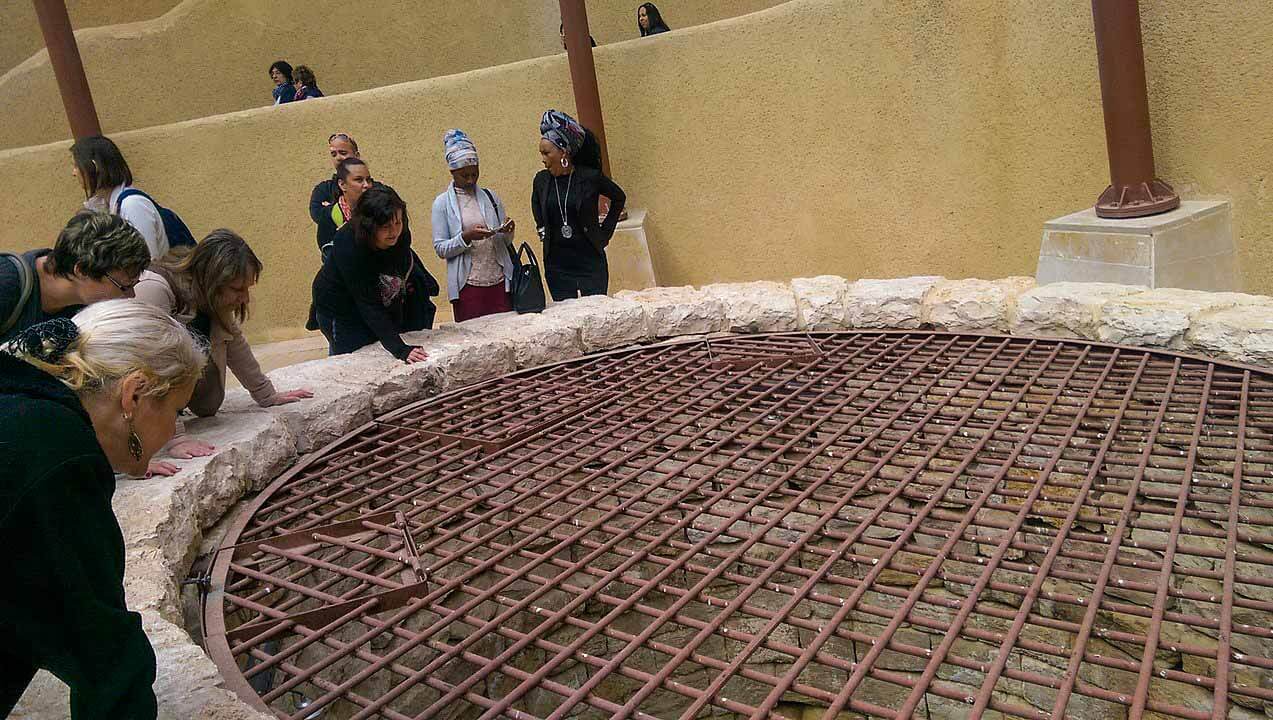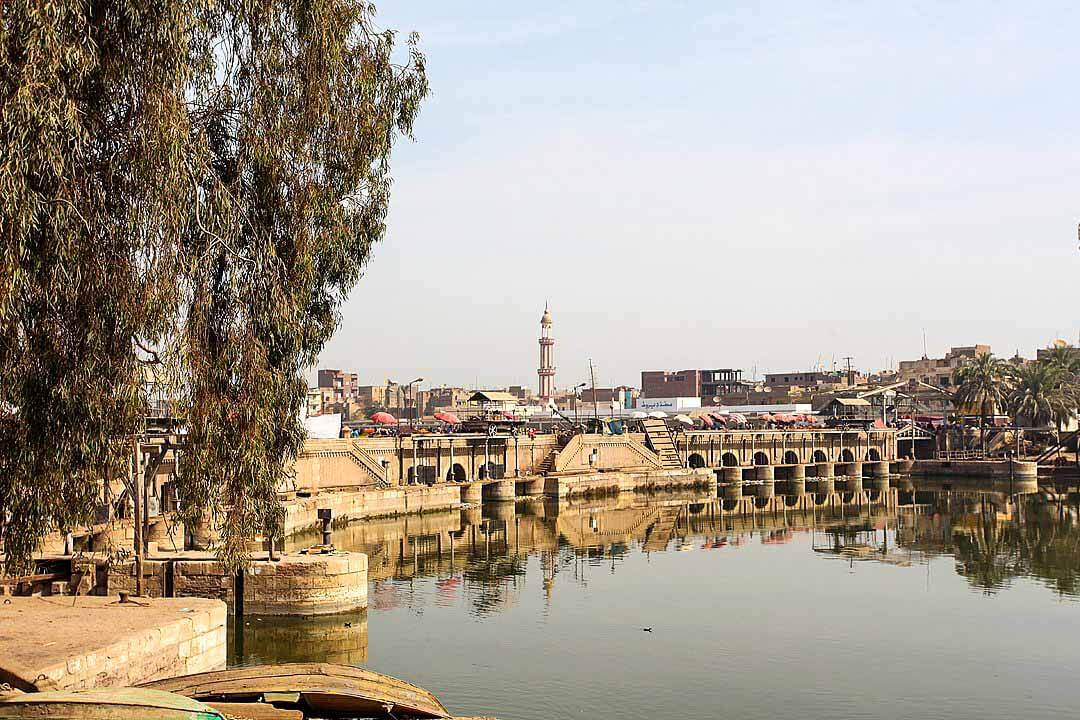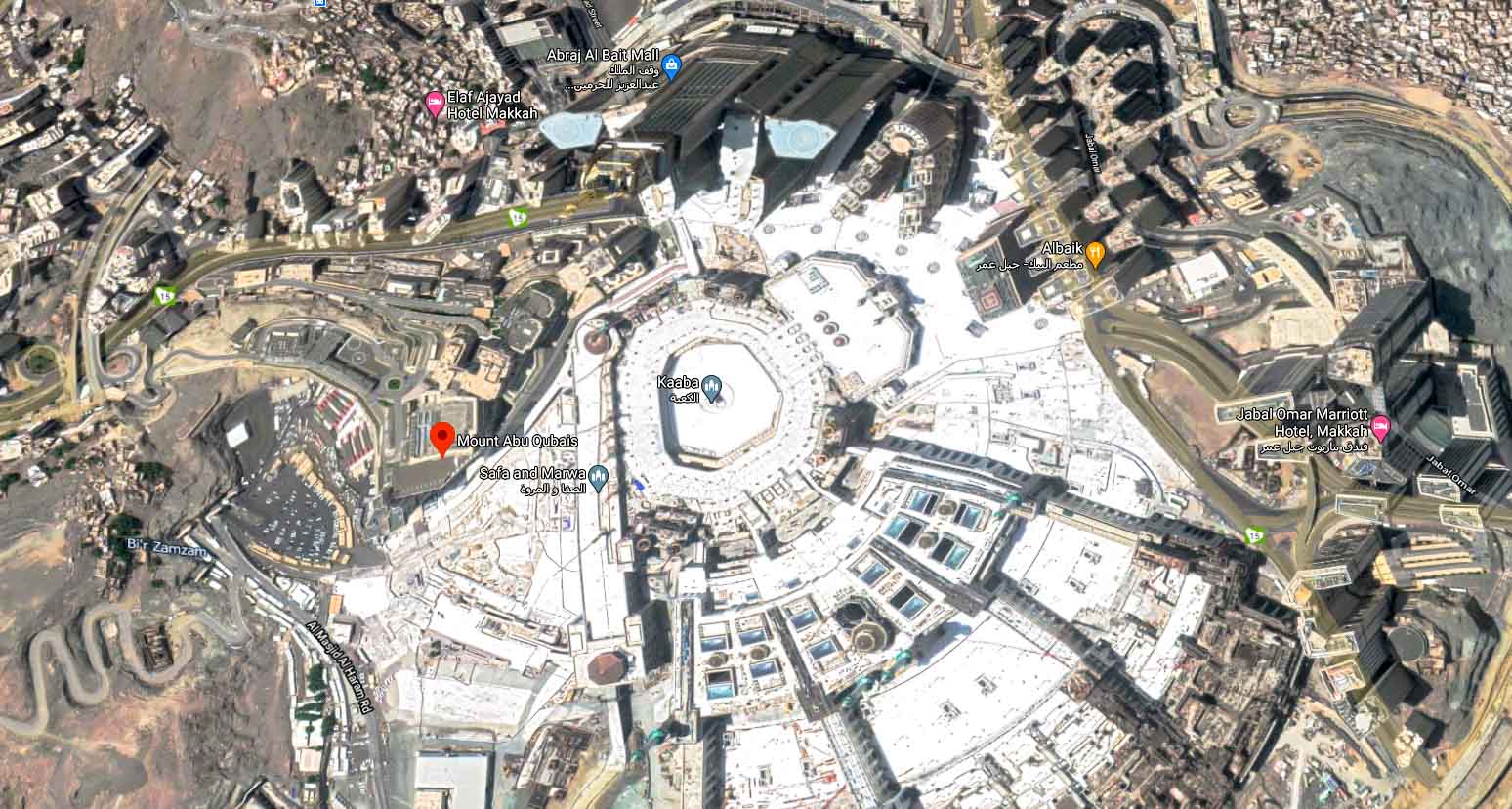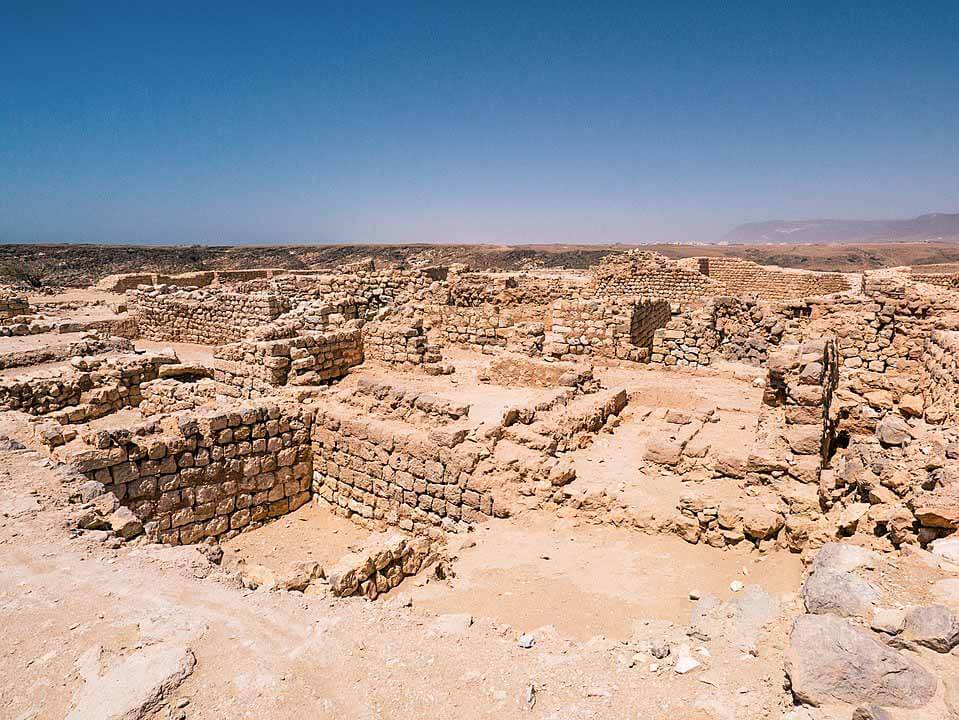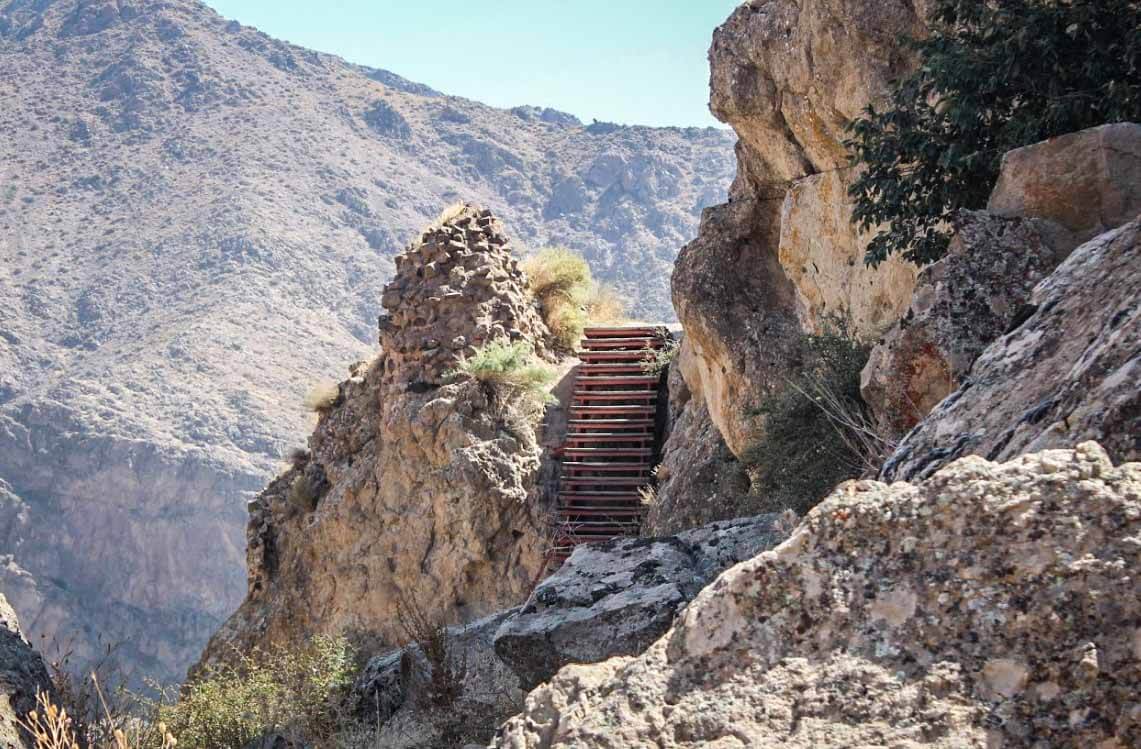Be’er Sheva, Israel Occupied Palestine
Coordinates: 31.244863, 34.840840
Site related to Hz. Ibrahim عليه اسلام in Beersheba is Tel Be’er Sheva, lying some 4 km distant from the modern city, which was established at the start of the 20th century by the Ottoman Turks.
Connected to Hz. Ibrahim عليه اسلام
It is said that Hz. Ibrahim عليه اسلام pitched his tent and dug a well at Beersheba, a wilderness location identified as the southern limit of the Sacred land (Al-Aqsa).
According to the Hebrew Bible, Beersheba was founded when Hz. Ibrahim عليه اسلام and Abimelech (Philistine king) settled their differences over a well of water and made a covenant.
Abimelech’s men had taken the well from Hz. Ibrahim عليه اسلام after he had previously dug it so Hz. Ibrahim عليه اسلام brought sheep and cattle to Abimelech to get the well back.
He set aside seven lambs to swear that it was he that had dug the well and no one else. Abimelech conceded that the well belonged to Hz. Ibrahim عليه اسلام and, in the christian texts, Beersheba means “Well of Seven” or “Well of the Oath”.
Connected with other Prophets and Kings
Beersheba is further mentioned in Bible where Hz. Ishaq عليه اسلام built an altar in Beersheba.
Hz. Ishaq عليه اسلام, who built an altar to worship Allah at Beersheba, also had a dispute with the Philistines over water, and he too resolved it in a covenant with Abimelech.
Hz. Yaqub عليه اسلام had his dream about a stairway to heaven after leaving Beersheba.
The sons of the Hz. Shammil عليه اسلام (Samuel) were judges in Beersheba.
Talut (Saul), First king of Bani Israel built a fort there for his campaign against the Pagan idolaters.
The Hz. Ilyas عليه اسلام (Elijah) took refuge in Beersheba when cruel Queen Jezebel ordered his killing.
Following the Babylonian conquest and subsequent enslavement of many Israelites, the town was abandoned.
Know This
The walls, homes, storage wearhouses and water reserve system have been excavated and are open to the public.
The site is administered by Israel national parks Association and costs about $5 entry fee. Has clean restrooms.
You can walk around and everything is numbered so it’s easy. There is a viewing station from where you can see the city of Be’er Sheva.
You walk back down through a different way.


